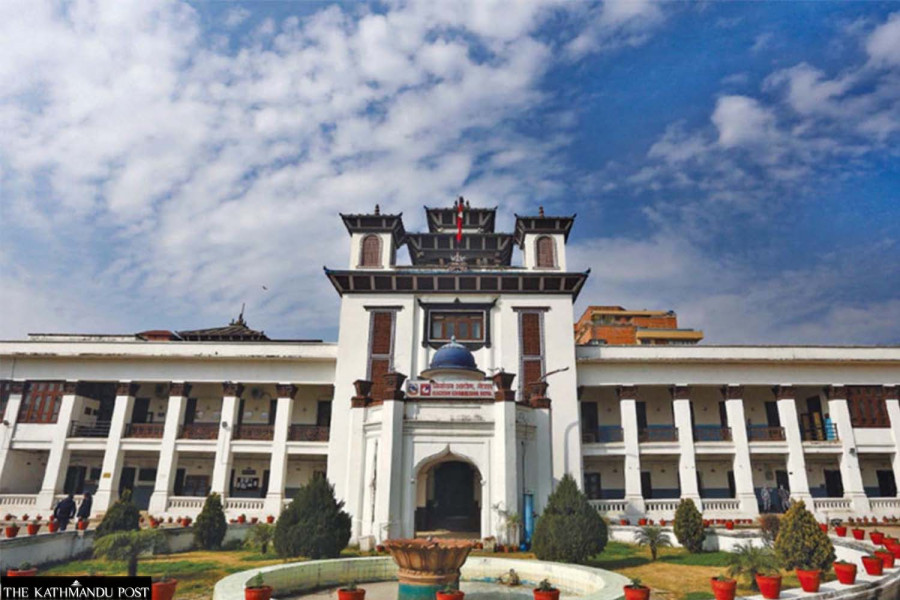Politics
Election Commission tracking spending by individual candidates
The poll authority has set up a team and tasked personnel on the ground to keep records of individual campaigns.
Binod Ghimire
The Election Commission is tracking the campaign spending of the House of Representatives and provincial assembly candidates using its own mechanism to see if their expenditures are within the ceiling it has prescribed.
Amid complaints that candidates breach the spending limit, the commission has prepared a database to record their expenditures on a daily basis. The Nepal Police and the National Intelligence Department personnel mobilised in each constituency keep track of the expenditures of individual candidates and report to the commission every day.
Besides, a commission task force is tracking the candidates’ campaign activities on the basis of their social media posts.
“We will compare our record against the spending details submitted by individual candidates after the elections,” said Dinesh Thapaliya, the chief election commissioner, at an interaction organised by the Tanka Prasad Acharya Foundation in the Capital on Sunday. “We will conduct an independent audit if candidates’ spending reports are found suspicious.”
As many as 2,412 candidates are in the fray for 165 first-past-the-post (FPTP) seats of the House of Representatives. Similarly, 3,224 candidates—representing political parties and independents—are contesting the 330 FPTP seats of the seven provincial assemblies.
The commission has divided the election constituencies into five categories based on voter numbers, the area a particular constituency covers, and the number of polling centres. The spending ceiling is based on these parameters. The maximum amount a House candidate can spend is Rs3.3 million, Rs2.5 million is the minimum.
Individual spending ceiling for the provincial assembly ranges from Rs1.5 million to Rs2.3 million. “We had discussed the election code of conduct and the spending ceiling with the political parties beforehand. Therefore, the parties and the candidates must abide by them,” said Thapaliya. “However, we are making every effort to enforce them.”
If someone is found guilty of breaching the code of conduct and the ceiling, the commission can annul their candidacy, terminate their election and even disqualify them from contesting in the future.
Former election commissioners say it might not be possible for the commission to track spending by all candidates. “However, it can investigate the source of funds of the parties and the candidates,” Surya Prasad Shrestha, a former chief election commissioner, told the Post. “Where is the money coming from? Is it from donations, membership or other sources like the state coffers? That needs to be tracked.”
As the polling day draws closer, security arrangements should be the topmost priority, Shrestha said. Voting, transportation of ballot boxes to counting centres, and counting the votes are sensitive tasks, former commissioners say.
Bhojraj Pokharel, a former chief election commissioner, said implementation of the code of conduct is possible if the parties formulate it themselves. “Code of conduct is for self regulation. It can be effectively implemented if the parties own it up,” he said.




 9.83°C Kathmandu
9.83°C Kathmandu














